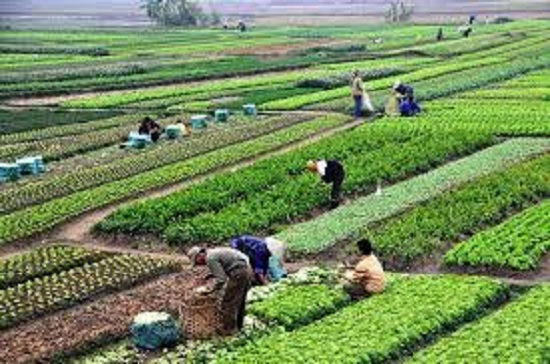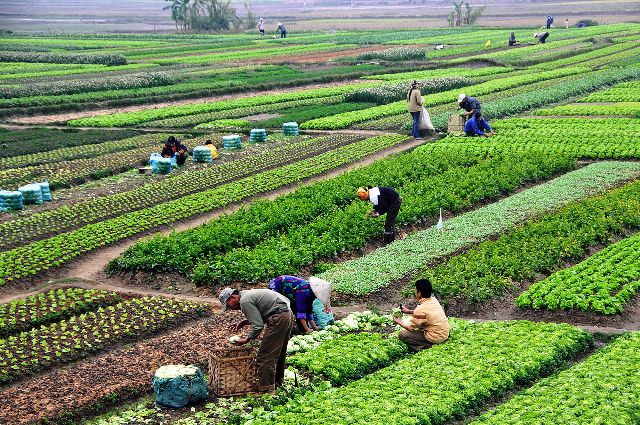Getting involved in agriculture, as a young person in Nigeria, can be fulfilling and profitable. Here are some ways that youths can participate in agriculture and generate income:
1. Crop farming
Start small by cultivating high-demand crops like tomatoes, maize, or cassava. Learn modern farming techniques and invest in quality seeds and fertilizers. Explore niche markets like organic produce or exotic vegetables. Raise poultry like chickens, turkeys, or ducks, for meat and eggs. Consider fish farming, such as catfish or tilapia. Start a small-scale goat or rabbit farm.
2. Agribusiness
Set up an agricultural supply store selling seeds, fertilizers, and farming equipment. Establish a food processing business, such as fruit juice production or snack making. Offer agricultural consulting services to fellow farmers.
3. Vertical farming and hydroponics
Explore innovative farming methods like vertical farming within limited spaces. Invest in hydroponics systems to grow crops without soil, ideal for urban environments.
4. Agri-tourism
Develop an agri-tourism venture by offering farm tours, camping, or recreational activities on your farm. Create an online presence to attract tourists and visitors.
5. Value-added products
Produce value-added products like jams, sauces, or dried herbs from your farm’s produce. Market these products online and at local markets.
6. Agricultural technology
Develop or use agricultural apps to connect farmers with buyers and provide weather forecasts or crop advice. Offer tech services like drone mapping or soil testing.
7. Participate in government programmes
Explore government initiatives and grants for young farmers. Join agricultural cooperatives to access resources and support.

8. Agricultural training and education
Offer training sessions or workshops on modern farming techniques to fellow youths. Consider starting an agricultural training centre.
9. Export agricultural products
Explore opportunities to export agricultural products like ginger, cocoa, or yams to international markets. Ensure compliance with export regulations and quality standards.
11. Online marketplaces
Utilise e-commerce platforms to sell agricultural products directly to consumers. Collaborate with food delivery services to reach a wider audience.
12. Collaborate with NGOs
Partner with agricultural development institutions and non-governmental organisations that support youth in agriculture. Access training, funding, and mentorship opportunities through such collaborations.
13. Financial management
Keep detailed records of your farming activities and expenses. Seek financial advice to manage your income and investments wisely.
14. Networking
Attend agricultural conferences, seminars, and meetups to connect with experienced farmers and potential buyers. Join online agricultural fora and communities to exchange ideas and experiences. Remember that success in agriculture often requires patience, continuous learning, and adapting to changing market conditions. Start small, gain experience, and gradually expand your agricultural venture to increase your chances of making money in this very rewarding field.

